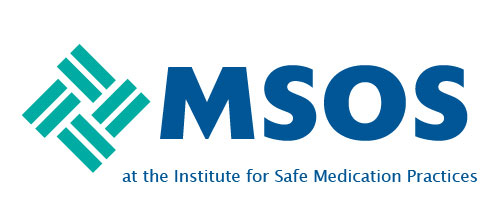I see there have been other posts on this topic, but none recently, at least none that describe this scenario, so I'm hoping you can help. I'm posting from Prince Edward Island, Canada, so there may be somewhat different standards in the US, but we don't have very many CPOE Cerner sites in Canada, so I wanted to reach out on here. We use Cerner, and have CPOE, we are also a relatively small hospital, and don't have clinical pharmacists on the floor in most areas. We don't use traditional automatic stop orders. We use "soft" stops for most of our automatic stop orders, so a reminder goes to physician message centre, and puts an icon on the orders page/MAR once the time has elapsed, but the order remains active, supply continues to be sent, eMAR tasks continue to fire. For that reason, we have re-named them "medication reassessment alerts." We currently have:
anti-infectives (PO/parenteral): 4 days
anti-infectives (topical): 10 days
parenteral anticoagulants: 7 days
warfarin: 14 days
I'm updating our policy, and there is a move to try to remove as many alerts as possible, to reduce alert fatigue, etc, so we're wondering if any of these can be eliminated - are they providing any benefit, etc. A lot of the literature seems to surround eliminating automatic stop orders (the ones that actually stop), and having clinical pharmacists flag orders for reassessment. Unfortunately, neither of those scenarios really applies to us. I was wondering if any other sites who use Cerner, or have a similar process, have any policies/procedures around automatic stops, or having target medications reassessed. If you used to have these processes, and eliminated them, can you provide info on the rationale, and the results of doing so?
Thanks in advance for your thoughts!

